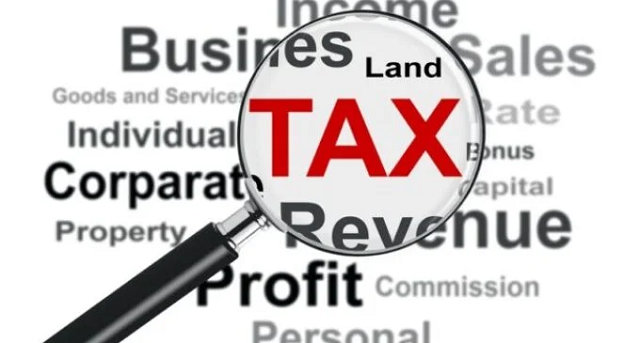Place your adverts here on InfoDig @ low rates; banner ads, sponsored links and guest articles etc. Contact us
The Federal Government on Thursday took delivery of a retrofitted Nigerian Railway Corporation (NRC) locomotive, designed to run on a dual-fuel system of 70% Liquefied Natural Gas (LNG) and 30% diesel, following a Public-Private Partnership with the De-Sadel Consortium.
The retrofit is expected to drastically reduce operating costs, in line with a presidential directive for ministries and agencies to transition from diesel to more economical and sustainable fuels like LNG and Compressed Natural Gas (CNG).
Minister of Transportation, Sen. Saidu Alkali, made the announcement during the final test run of the LNG-powered locomotive at the Idu Train Terminal in the Federal Capital Territory.
He emphasized the project’s potential to significantly lower fuel consumption and improve the cost efficiency of the railway system.
“To God be the glory, the locomotive is successfully retrofitted. It is using LNG 70 per cent and diesel 30 per cent.
“The retrofit will enable the engines to work on a dual-fuel system with the locomotive running on 70 per cent gas and 30 per cent diesel.
“The idea is that by the time you use LNG 70%, the cost of running the locomotive will drastically reduce,” Alkali said.
More insights
The Transportation Minister further elaborated that the retrofitting of NRC locomotives forms part of a comprehensive strategy to unbundle the Nigeria Railway Corporation.
He noted that this unbundling process is aimed at decentralizing the corporation’s operations and enhancing private-sector participation.
- To facilitate this, Alkali noted that the National Assembly has already begun working on repealing and reenacting the NRC Act, which is expected to open up significant opportunities for private investors to play a more active role in the development and expansion of Nigeria’s railway infrastructure.
- Meanwhile, the Chief Executive Officer of De-Sadel Consortium, Samuel Uko, emphasized that the partnership with the federal government is a long-term commitment, structured as a 20-year agreement.
- As part of this partnership, all NRC locomotives will be retrofitted to run on a dual-fuel system, using primarily Liquefied Natural Gas (LNG) with diesel as a secondary fuel source.
- He noted that this transition to LNG is expected to drastically reduce transportation costs, with projections indicating a potential 50% reduction.
What you should know
In March 2024, the Federal Government announced its plan to transition the Nigerian Railway Corporation’s (NRC) locomotives to more cost-effective LNG-CNG fuel, following a proposal from De-Sadel Consortium.
- The proposal included retrofitting NRC locomotives with LNG-CNG kits at no cost to the government, along with a commitment to replace any damaged locomotives—an offer that Minister of Transportation, Sen. Saidu Alkali, deemed reasonable.
- During the presentation in March, De-Sadel’s CEO, Samuel Uko, assured the Minister that the consortium was fully equipped with both the necessary locomotives and skilled personnel to retrofit and train NRC engineers. Uko also guaranteed a steady gas supply for five years, addressing any concerns over fuel availability.
- The retrofitting process will focus on adapting the engines for dual-fuel capability rather than a full conversion.
- Additionally, De-Sadel proposed upgrading the railway’s security infrastructure with real-time monitoring systems along rail corridors to prevent vandalism and attacks.
This security enhancement, combined with improved fuel efficiency, is expected to boost NRC’s revenue by ensuring safer and more reliable train operations, he stressed.










_1726754436.jpeg)






 English (US) ·
English (US) ·